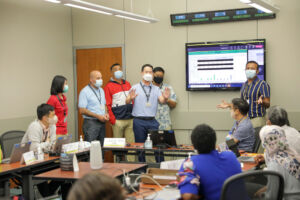 The Daniel K. Inouye Asia Pacific Center for Security Studies completed its second iteration of the Comprehensive Security Cooperation (CSC) course, graduating 82 Fellows from 29 countries. The 5-week, intensive program, took place from May 25- June 20. Through plenary lectures and small-group seminars, the Fellows examined the geostrategic landscape of the Indo-Pacific region. While they critically assessed the region’s most pressing security challenges, they also discussed ways to build capacity and enhance cooperation with other nations.
The Daniel K. Inouye Asia Pacific Center for Security Studies completed its second iteration of the Comprehensive Security Cooperation (CSC) course, graduating 82 Fellows from 29 countries. The 5-week, intensive program, took place from May 25- June 20. Through plenary lectures and small-group seminars, the Fellows examined the geostrategic landscape of the Indo-Pacific region. While they critically assessed the region’s most pressing security challenges, they also discussed ways to build capacity and enhance cooperation with other nations.
Dr. Deon Canyon, course manager, welcomed the opportunity to educate security professionals from across the region and beyond. To reach Honolulu, the Fellows traveled from as far as Argentina, Sierra Leone, Mongolia, and Australia. Forty-five percent of the Fellows were military, 40% civilian (government) 10% police, and 5% civilian (non-government).
While the course provided rigorous instruction, many Fellows stated they benefitted most from the relationships built with one another.
 “What I have found most valuable from this course is the opportunity to meet with people from around the world who work in similar organizations and a similar capacity to me but who I would have otherwise would have never been able to meet,” said Fellow Alexandra Gail Coates, International Policy Division, Department of Defence, Australia. The diversity of thought and perspectives has been incredible.”
“What I have found most valuable from this course is the opportunity to meet with people from around the world who work in similar organizations and a similar capacity to me but who I would have otherwise would have never been able to meet,” said Fellow Alexandra Gail Coates, International Policy Division, Department of Defence, Australia. The diversity of thought and perspectives has been incredible.”
“Here, you find people from not just one region but so many regions across the pacific,” said Tanveer Ahmed, Director, Energy, Transport, Science and Technology, Pakistan. “I think this was the most valuable part of this course.”
In addition to the core content, Fellows chose from three available tracks that allowed them to specialize in strategic studies, cybersecurity, or crisis management. Additionally, Fellows participated in an immersive “gray-zone” game depicting a crisis in the South China Sea. The Fellows began their Fellow’s Project, seeking innovative solutions to real-world problems in their home countries, which they are encouraged to implement on returning home.
“I had to learn to adjust to different teaching techniques and understand what security is from different aspects,” said Fellow Clarissa Kaling Naing, Assistant Director, Legal and Treaties, Foreign Affairs and International Trade, Papua New Guinea. “Whether it is traditional security, economic security, health security, or maritime security, I learned that each has a different aspect, but they are all interrelated.”
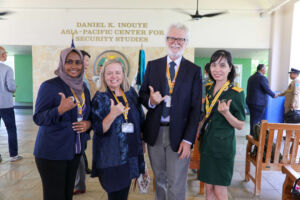 In an end-of-course survey, the Fellows voted on what they believe to be the most significant issue the Indo-Pacific region will face in the next five years. The Fellows voted environmental crises (climate change and natural disasters) and economic crises as the region’s major issues. The Fellows also voted on what they believed was the best way to improve security. The Fellows voted multilateral cooperation, regional organizations (e.g., ASEAN), and shared identity and values as the top 3 means for strengthening regional security.
In an end-of-course survey, the Fellows voted on what they believe to be the most significant issue the Indo-Pacific region will face in the next five years. The Fellows voted environmental crises (climate change and natural disasters) and economic crises as the region’s major issues. The Fellows also voted on what they believed was the best way to improve security. The Fellows voted multilateral cooperation, regional organizations (e.g., ASEAN), and shared identity and values as the top 3 means for strengthening regional security.
The next CSC will take place in September of 2022 and will feature tracks in Counter-Terrorism, Maritime Security, and Economic Security. The course management team plans to integrate improvements based on lessons learned and changes in the security environment. Accordingly, the next course will cover a broader selection of security topics, include a current affairs program, and incorporate more time for Fellow-to-Fellow engagement.
During the graduation ceremony, Canyon recognized the relationships built throughout the course and emphasized that, together, they will be better able to withstand adversity.
Said Canyon, “My dear friends, as long we all work together and cooperate with one heart, we will be safer, and our Indo-Pacific region, and indeed the whole world, will be more stable.”


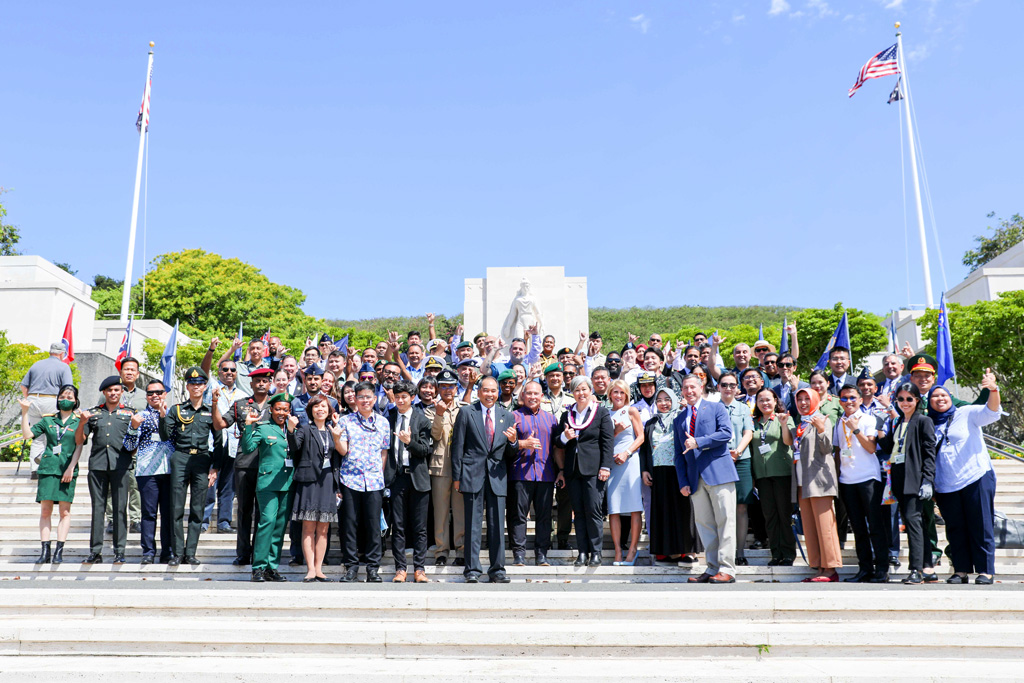
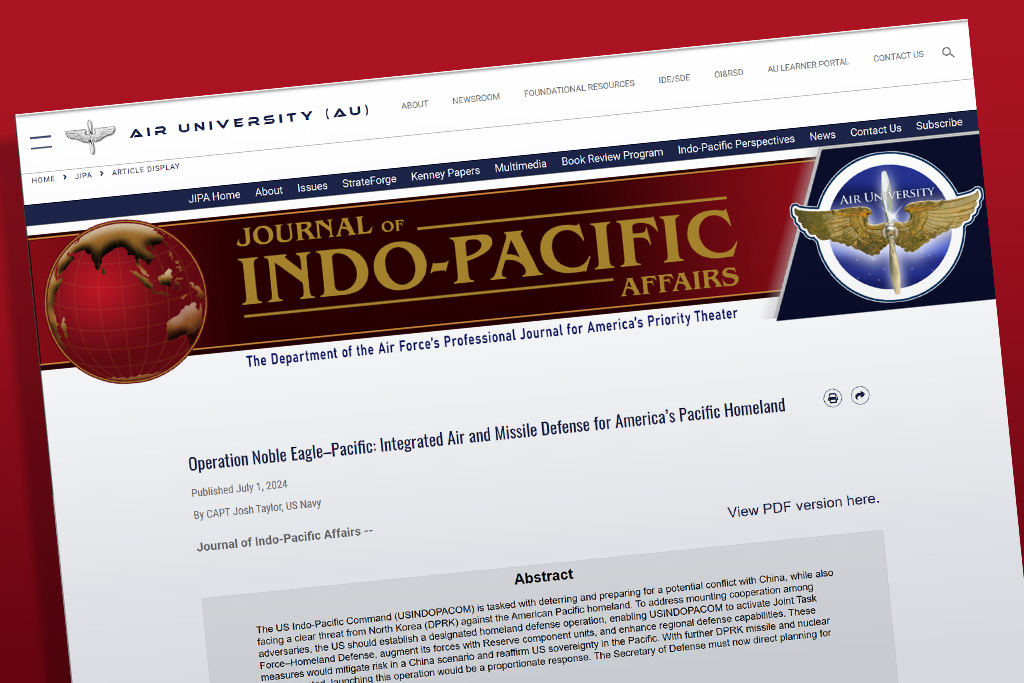
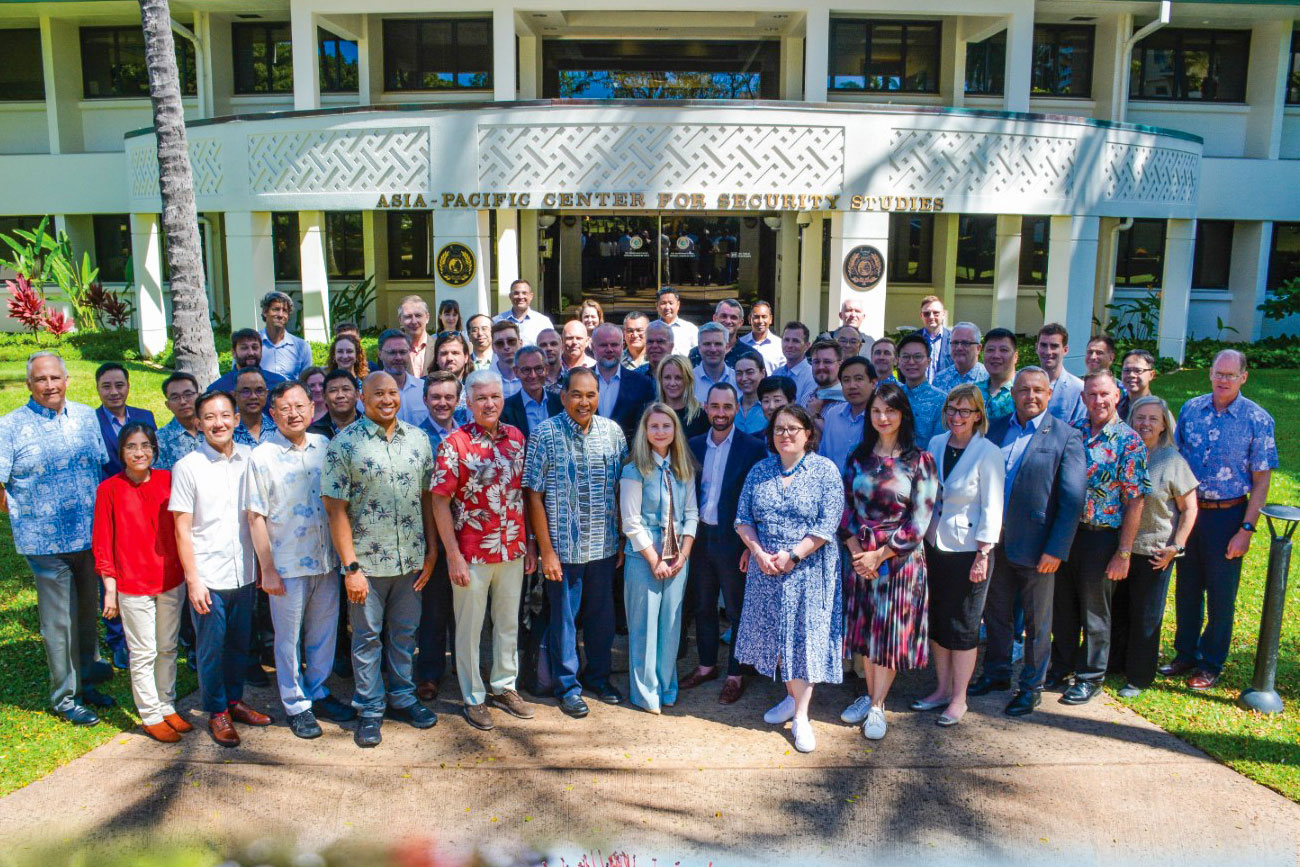
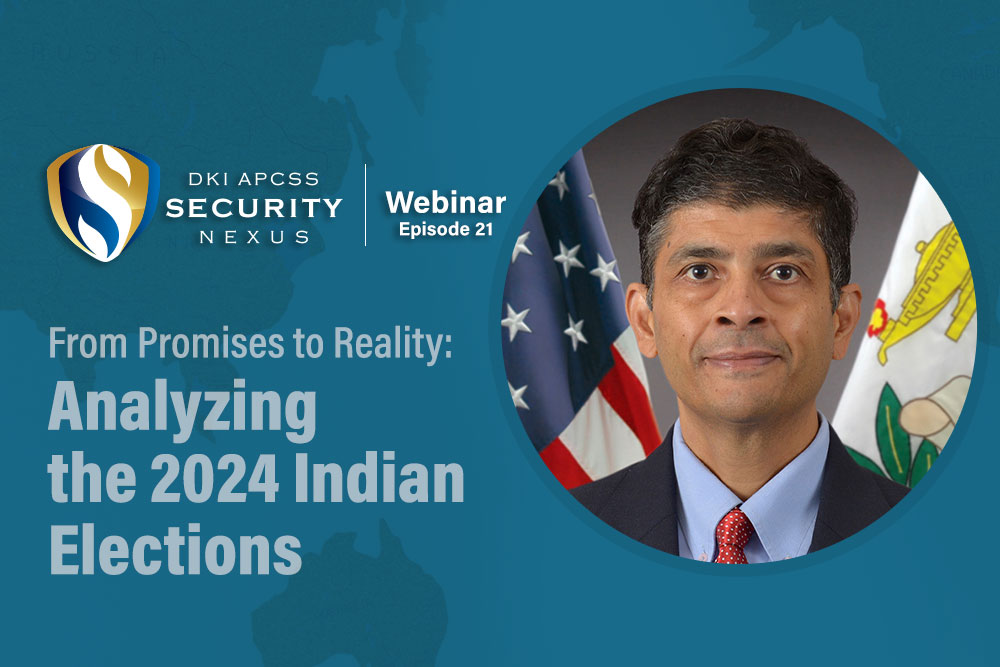




Leave A Comment